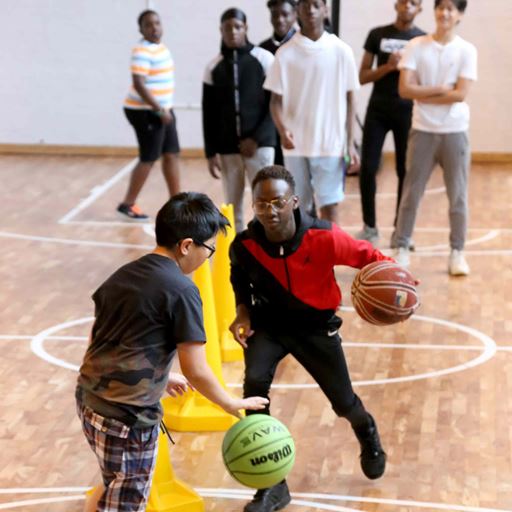Dr Rebecca Warren, of Essex Business School, said: “In order to understand and respond to this national crisis we have to unpack the human lived experience at the local level. The voluntary sector landscape has been at the forefront of the COVID-19 crisis response in multiple ways and through the development of this report we have a sense of the absolute and immediate human impact of what this means for people delivering these services during the pandemic.”
Dr Alix Green, of the Department of History, said: “These organisations have shown great resilience, adapting incredibly quickly to keep people alive, safe, connected and cared for during the pandemic. They have responded to complex and diverse needs, often reaching beyond their remit to support communities where statutory services drew back.
“These testimonies capture experiences of working on what the government likes to call the ‘front line’ in a way that numerical data alone cannot. They provide vital evidence of the implications of COVID-19 policies that we hope will inform decisions about service provision, planning and funding in our local voluntary and community sector, as well as feeding into future inquiries into the pandemic response. We will be working in more depth with some of the participating organisations over the coming months to ensure the interviews are a useful resource for their own processes of recovery.”
Tracy Rudling, CEO of Community 360 said: “We were delighted to work with the University of Essex on this project. We wanted to highlight the experience and views of community organisations working in neighbourhoods during the Covid crisis. The insights of our local voluntary organisations offer a vision of how communities can come together and do on a regular daily basis, sometimes this has gone unseen.
She added: “If we are to harness the energy and goodwill that communities have shown in the last 18 months, we will need to invest in our communities and the people that have the energy to drive and reduce inequality. Their flexibility was crucial to the speed and effectiveness of activities, and in many cases challenges the more conventional notions of volunteering. It was both humbling and inspiring to work shoulder to shoulder with so many undiscovered volunteers.”
Community 360 will be working with local organisations to implement actions in response to the report, including continued working with the University of Essex to understand and influence the process of recovery to include in its ‘we can’t go back’ action plan.
Header picture courtesy of African Families.

)
)
.jpg?mh=500&mw=500&hash=6568B6C9CCF5290A596BEF6678B6AD0E)




